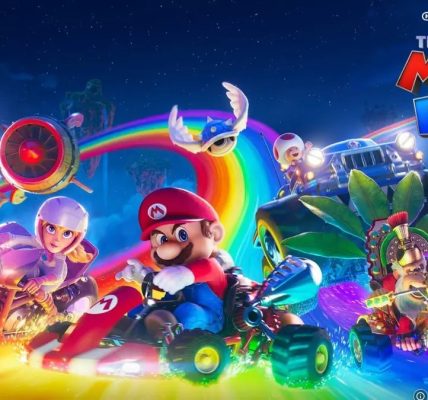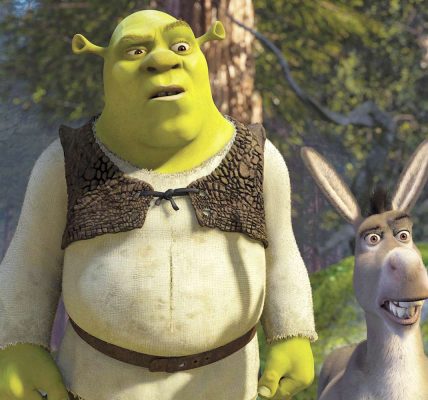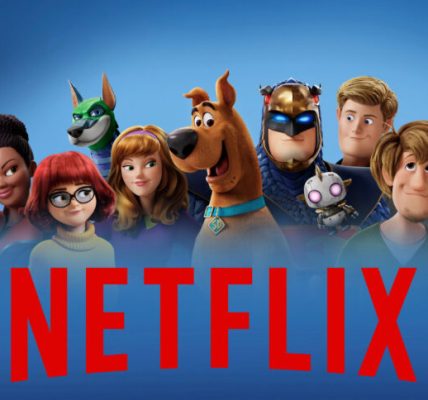Cinema, often referred to as the “silver screen,” is much more than a source of entertainment. It is a potent medium that has the capacity to transform societies and ignite vital conversations on pressing issues. In this article, we delve into the profound impact of movie magic in fostering societal change and nurturing open dialogue.
The Power of Visual Storytelling
Movies are a universal language. Regardless of cultural background or language barriers, the visual storytelling medium transcends boundaries, allowing audiences to connect with characters and narratives on a deep emotional level. It is this inherent quality that gives cinema its unique ability to influence societal change.
Addressing Critical Social Issues
Filmmakers have long recognized the power of cinema to shed light on critical social issues. Whether it’s addressing racism, gender inequality, climate change, or mental health, movies have the capacity to bring these topics to the forefront of public consciousness. Thought-provoking narratives and compelling characters can humanize complex issues, making them more accessible and relatable to a broad audience.
Cinema as a Catalyst for Empathy
One of the most significant contributions of movies to societal change is their ability to foster empathy. When audiences witness characters facing adversity or discrimination on the screen, they can step into their shoes and gain a better understanding of the challenges faced by real people in similar situations. This empathetic connection often leads to increased support for social causes and a desire to drive positive change.
Cinematic Advocacy
Filmmakers are increasingly using their craft as a form of advocacy. Documentaries, in particular, have become powerful tools for raising awareness and sparking societal change. These films delve deep into real-world issues, presenting evidence, testimonies, and expert opinions that can sway public opinion and influence policymakers. For example, documentaries like “An Inconvenient Truth” have played a pivotal role in raising awareness about climate change.
Fostering Dialogue Through Film Festivals
Film festivals around the world have emerged as platforms for dialogue and change. They curate films that tackle societal issues, creating spaces for open discussions and debates. These events provide filmmakers with opportunities to engage with audiences and share their insights, fostering a sense of community among those passionate about societal change.
Inspiring Action
Movies don’t just raise awareness; they also inspire action. Narratives of resilience, triumph over adversity, and social justice can motivate viewers to get involved in causes they care about. Filmmakers often collaborate with nonprofit organizations and social movements to connect audiences with opportunities for advocacy and change.
Changing Perceptions
Movies have the power to challenge and change societal norms and perceptions. They can dismantle stereotypes and prejudices by depicting diverse characters and lifestyles. For example, the increased representation of LGBTQ+ characters in mainstream cinema has contributed to greater acceptance and understanding of the LGBTQ+ community.
Cinema and Cultural Dialogue
Cinema transcends borders, making it a potent tool for cross-cultural dialogue. Foreign films can introduce audiences to different worldviews, customs, and perspectives, fostering cultural understanding and appreciation. They can also highlight global issues that require international collaboration to address effectively.
Conclusion
Beyond the allure of the silver screen lies a world of profound impact and potential for societal change. Cinema has the unique ability to connect people, provoke thought, and inspire action on critical social issues. Filmmakers, storytellers, and audiences alike have a role to play in harnessing the power of movie magic to foster dialogue, empathy, and positive transformation in our ever-evolving world. As we continue to support and engage with films that address societal challenges, we ensure that the legacy of cinema is not merely one of entertainment but also one of social progress and change.












